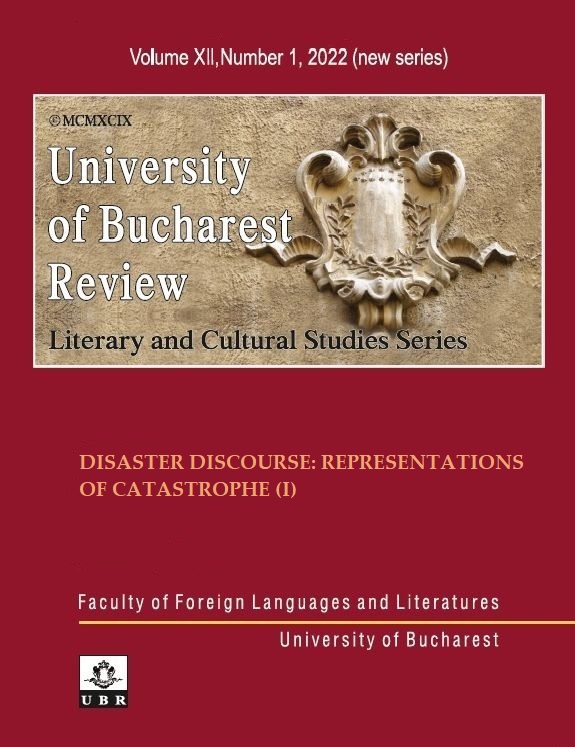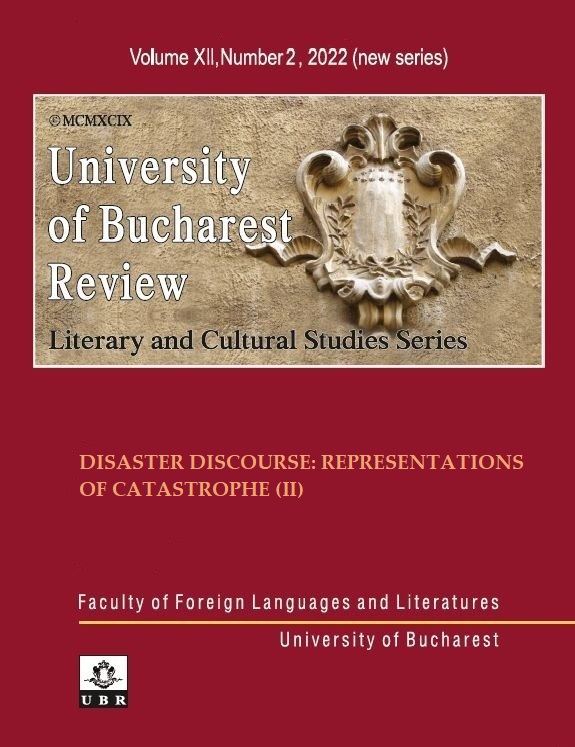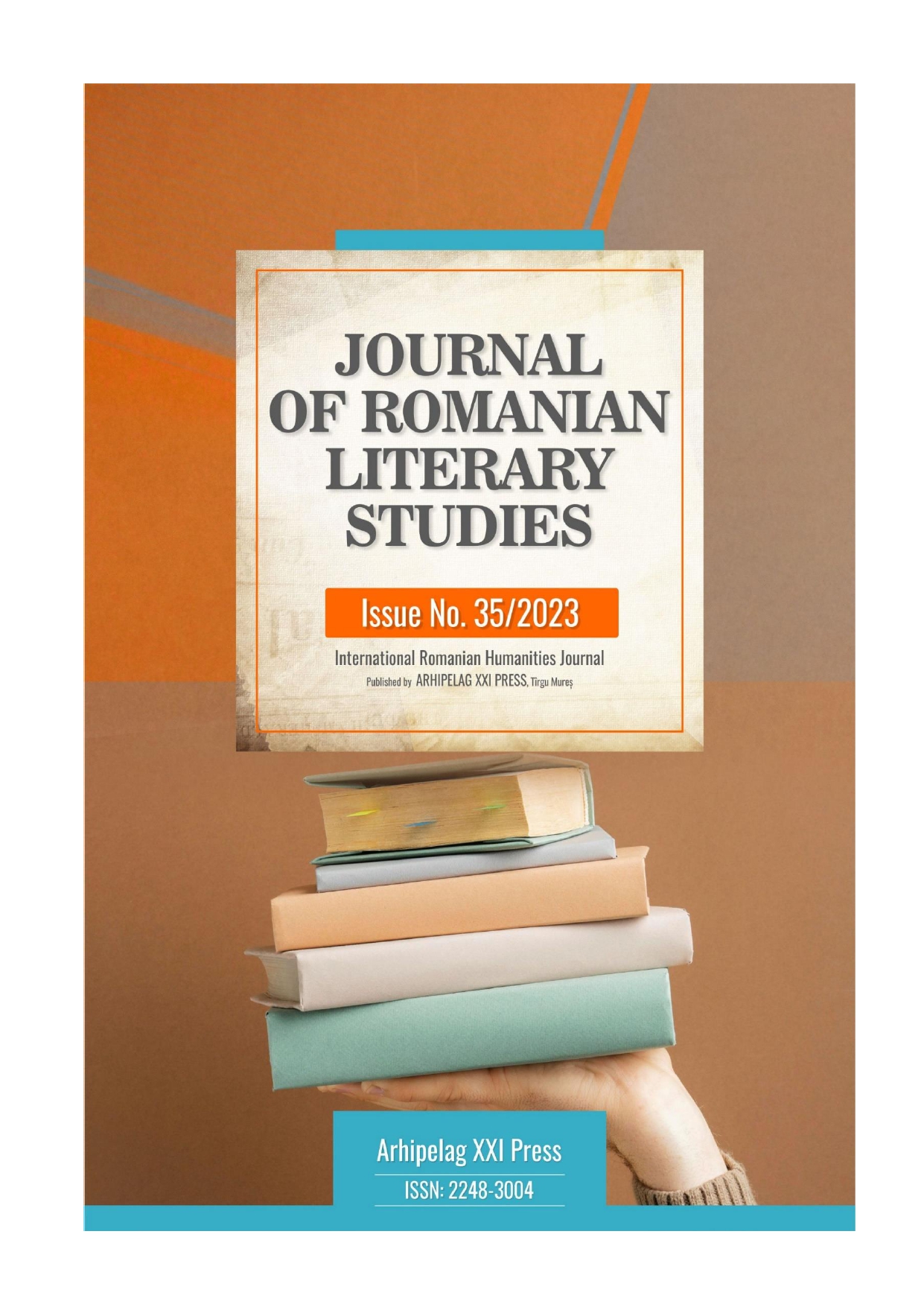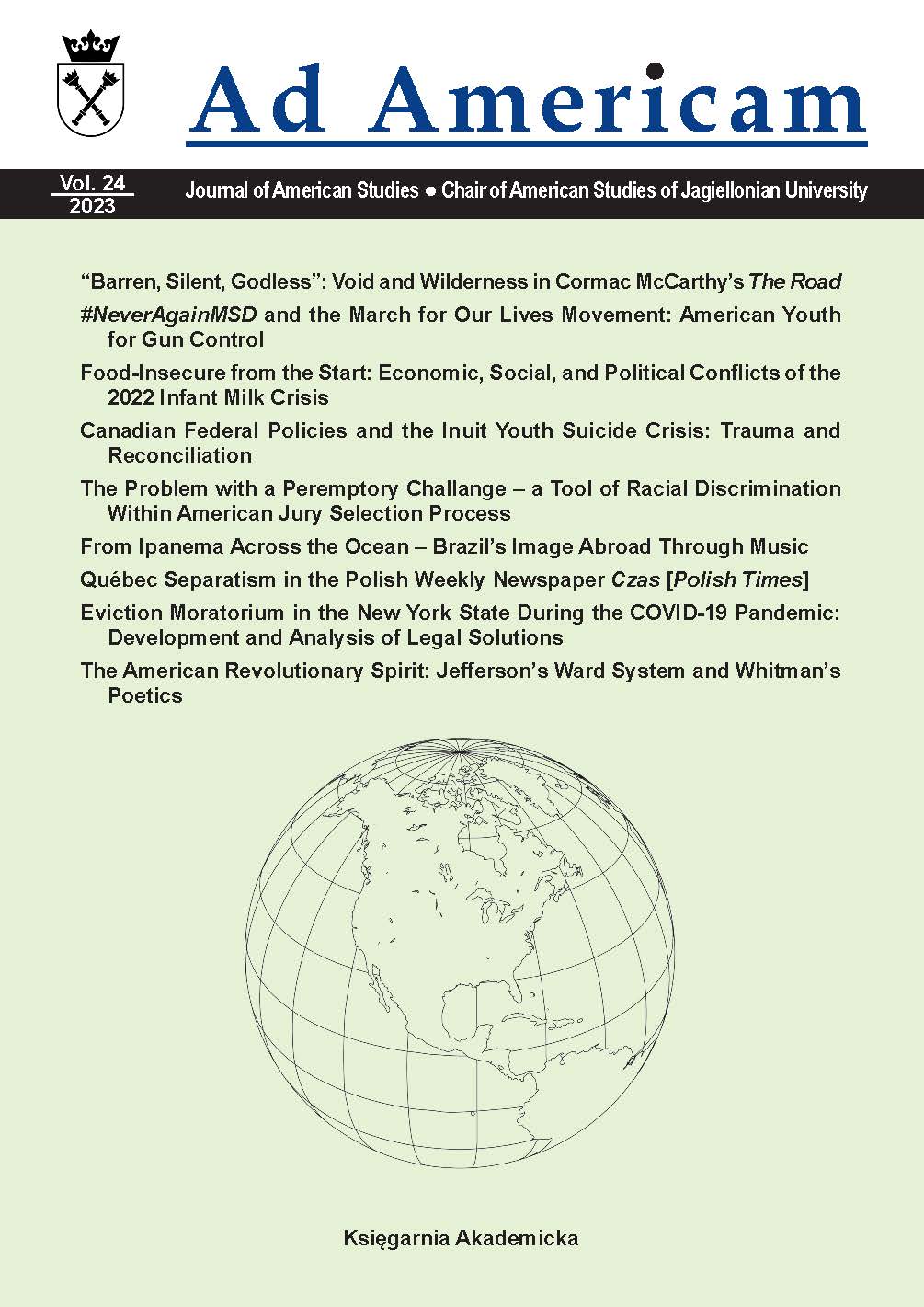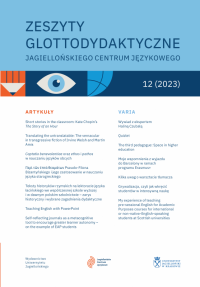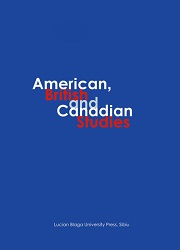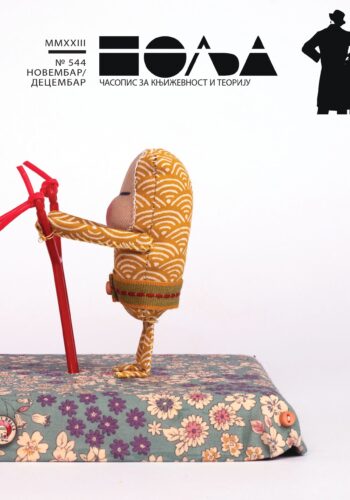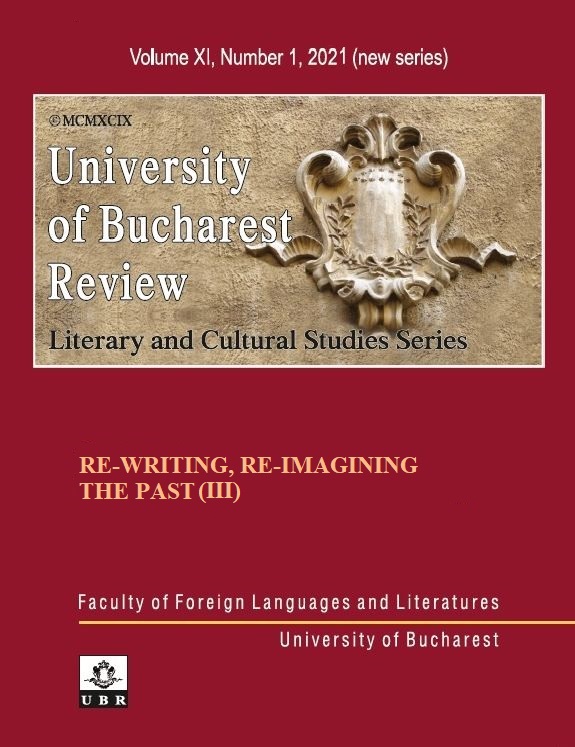
John Pomfret’s “The Choice”, or (Re)Inventing Empire
The present paper intends to re-read the popular neoclassical poem “The Choice”, written by (the now forgotten) John Pomfret at the dawn of the eighteenth century, and to demonstrate how it both fulfils and subverts several requirements of its genre. The paper contends that eighteenth-century pastoral poetry often served the purpose of recommending, rather than condemning the “vulgar” concerns of public and city life. The poetry of “retirement”, popular in an age of growing commerce, industry and Empire, was meant to assuage the guilt of enterprising spirits and give a gentlemanly varnish to an England hungry for consumption and expansion. While Pomfret’s poem certainly plays its part in such a narrative and comforts the anxieties of a business-oriented society, it also undermines the illusion of its “gentility”, an aspect which will be exposed in a deconstructive close-reading of the text, employing Derrida’s concept of aporia. The paper will also look at the poem from a socio-cultural perspective, relying on the ideas of eighteenth-century scholars such as Ian Watt, John Sitter, Ros Ballaster, Paula R. Backscheider and others.
More...
